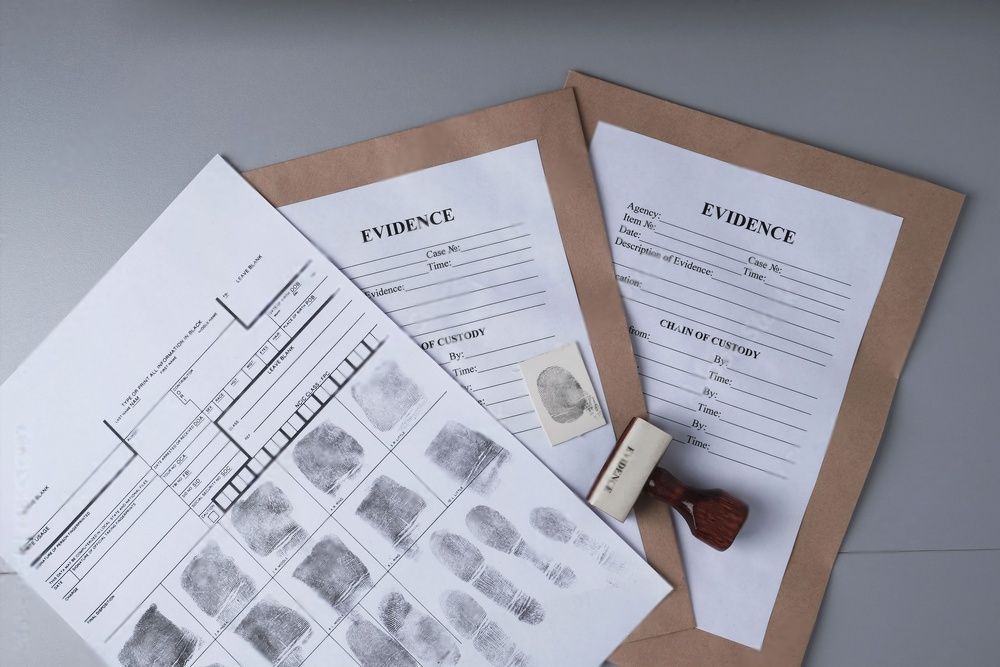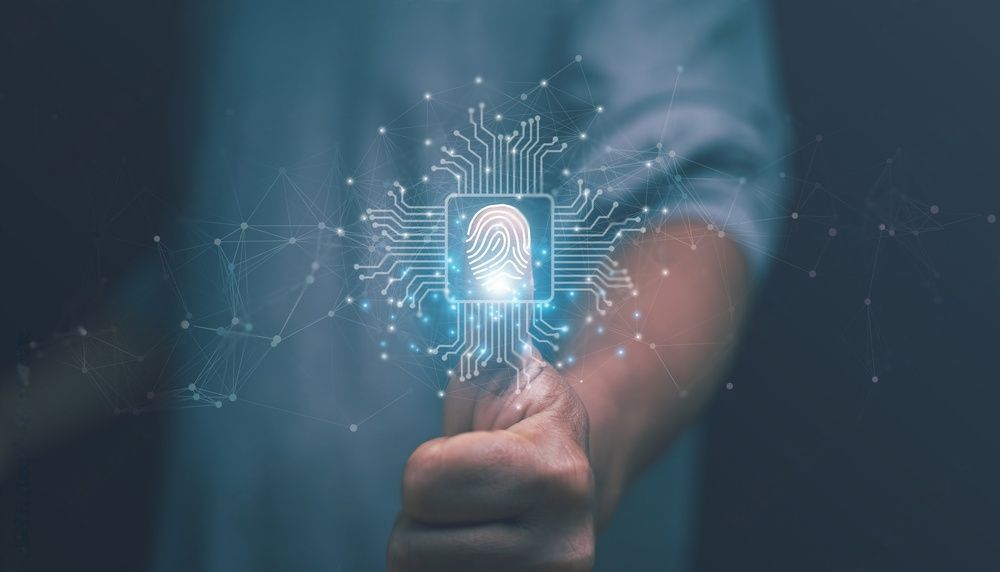The Legal and Ethical Framework for Private Investigations
Introduction
In a world where information is power, private investigators serve as the unseen guardians of truth and justice. Behind the scenes of thrilling investigations and clandestine operations lies a complex legal and ethical framework that defines their work. This article explores the legal and Ethical Framework for Private Investigations, shedding light on the rules and principles that guide this essential profession. Whether you’re considering a career in private investigation, seeking their services, or simply curious about the profession’s moral compass, this article will navigate you through the intriguing world of the legal and ethical framework for private investigations.
Legal Regulations in Private Investigations

The legal landscape governing private investigations is a multifaceted framework that varies from one jurisdiction to another. Understanding the specific legal regulations that apply to private investigators is fundamental to ensuring they operate within the bounds of the law. In this section, we will delve into the key legal regulations that shape the profession of private investigations.
Licensing and Registration :
In many regions, private investigators are required to obtain a license or register with a governing body. These regulations are in place to verify an investigator’s qualifications and to ensure that they meet certain ethical and professional standards. The specific requirements for licensing and registration can differ significantly from one place to another.
Jurisdictional Variances :
It’s essential to recognize that the legal regulations for private investigators can vary greatly not only from country to country but often from state to state or province to province. These differences can encompass everything from licensing requirements to permitted investigative methods.
Privacy Laws :
Privacy laws are of paramount importance in the realm of private investigations. Investigators must be well-versed in the laws that govern the right to privacy, including wiretapping and surveillance restrictions. These laws protect individuals from unwarranted intrusion and define the boundaries of investigative methods.
Access to Public Records :
The ability to access public records and databases can be a valuable tool for investigators. However, the extent to which these records can be accessed legally varies, and investigators must adhere to the applicable laws when seeking and using this information.
Restrictions on Trespassing :
Trespassing on private property is often a legal concern for private investigators. Understanding the laws that dictate when and how investigators can enter private spaces is essential to prevent legal repercussions.
Restrictions on Deceptive Practices :
While some degree of deception may be employed in investigations, there are limits. The use of false identities, pretenses, or impersonations must be carefully controlled to avoid legal consequences.
Key Legal Issues in Private Investigations
Private investigations are subject to various legal issues that investigators must navigate carefully to operate within the bounds of the law. Understanding these key legal issues is crucial for maintaining professionalism and ethical conduct. In this section, we will explore some of the most significant legal concerns in private investigations:
1. Right to Privacy :
The right to privacy is a fundamental legal issue in private investigations. Private investigators must be acutely aware of and respect an individual’s right to privacy. This includes refraining from invasive surveillance, trespassing on private property, or wiretapping without proper legal authority or consent.
2. Consent and Permissions :
Obtaining the necessary consent and permissions is vital. Investigators must adhere to legal requirements when collecting information, conducting surveillance, or accessing certain records. Failure to obtain proper consent can lead to serious legal consequences.
3. Data Protection Laws :
In the age of digital information , investigators must be well-versed in data protection laws. Mishandling or unauthorized access to personal data can result in legal liabilities. Understanding and adhering to data protection regulations is essential.
4. Eavesdropping and Wiretapping Laws :
Many jurisdictions have strict laws governing the use of listening devices and wiretapping. Private investigators must understand the limitations and legal requirements for using such tools in their work.
5. Trespassing Laws :
Trespassing on private property can lead to legal trouble. Investigators should be aware of the boundaries of property rights and understand when they can legally enter certain areas during an investigation.
6. Deceptive Practices :
While some level of deception may be inherent in investigations, there are legal boundaries. Impersonation, pretexting, or the use of false identities must be carefully managed to avoid legal repercussions.
Ethical Guidelines for Private Investigators

Ethical guidelines serve as the moral compass that guides the conduct of private investigators in their pursuit of truth and justice. Upholding ethical principles is not only a professional responsibility but also essential for building trust and credibility in the field of private investigations. In this section, we will explore the fundamental ethical guidelines that shape the behavior of private investigators:
1. Honesty and Integrity :
Private investigators are expected to demonstrate unwavering honesty and integrity in all their actions. They must not engage in deceitful practices, fabricate evidence, or provide false information to their clients, the public, or the legal system.
2. Respect for the Law :
Respecting and abiding by the law is a paramount ethical principle for private investigators. They must conduct their work within the boundaries of legal regulations and avoid any activities that may constitute illegal conduct.
3. Confidentiality :
Maintaining strict confidentiality is a cornerstone of ethical conduct in private investigations. Investigators must protect the sensitive information and case details of their clients. Disclosure of confidential information without proper authorization is unethical and can result in legal consequences.
4. Impartiality and Objectivity :
Private investigators should approach their work with impartiality and objectivity. They must avoid personal biases and prejudices, ensuring that their investigations are fair and unbiased.
5. Respect for Human Dignity :
Private investigators must treat all individuals with respect and dignity. They should not engage in harassment, intimidation, or any behavior that may infringe upon a person’s rights or well-being.
6. Informed Consent :
Obtaining informed consent is an ethical imperative, especially when conducting investigations that involve surveillance, background checks, or interviews. Investigators must ensure that individuals are aware of the purpose of the investigation and agree to participate voluntarily.
Confidentiality and Data Protection
Confidentiality and data protection are central ethical and legal considerations in the field of private investigations. Private investigators deal with sensitive and personal information, making the safeguarding of data and respecting the rights of individuals of utmost importance. In this section, we will delve into the critical aspects of confidentiality and data protection for private investigators:
1. Client Confidentiality :
Private investigators are bound by a strict duty to maintain the confidentiality of their client’s information and case details. This includes not disclosing any information related to a client’s identity, the purpose of the investigation, or any other sensitive details without the client’s explicit consent.
2. Sensitive Information Handling :
Private investigators must handle sensitive information with the utmost care. This includes securing physical documents, files, and electronic data to prevent unauthorized access or disclosure. Proper storage and disposal methods should be in place to protect this information.
3. Informed Consent :
When conducting investigations involving third parties, private investigators must obtain informed consent from the individuals involved. This consent should clearly outline the purpose of the investigation and the information to be collected. Consent ensures that individuals are aware of the investigative activities and agree to participate voluntarily.
4. Compliance with Data Protection Laws :
Data protection laws, such as the General Data Protection Regulation (GDPR) in Europe or the Health Insurance Portability and Accountability Act (HIPAA) in the United States, may apply to private investigators, depending on the nature of their investigations. Compliance with these laws is critical, and investigators must be aware of their obligations to protect individuals’ rights regarding their personal data.
5. Safeguarding Evidence and Records :
Private investigators must maintain rigorous control over all evidence and records collected during an investigation. This includes maintaining a strict chain of custody and documenting any interactions with evidence to ensure its integrity.
6. Secure Communication :
Communication between private investigators and their clients should be secure and encrypted, especially when transmitting sensitive information. This is particularly important when sharing findings, reports, or case updates.
Consequences of Unethical or Illegal Conduct
Unethical or illegal conduct by private investigators can have serious consequences, both professionally and legally. These consequences not only impact the individual investigator but can also tarnish the reputation of the entire industry. Investigators need to understand the potential outcomes of unethical or illegal behavior. In this section, we will discuss the various consequences:
1. Legal Consequences :
Criminal Charges : Engaging in illegal activities during an investigation, such as trespassing, hacking, or unauthorized surveillance, can lead to criminal charges. Depending on the severity of the offense, investigators may face fines, probation, or even imprisonment.
Civil Lawsuits : Individuals who believe their rights were violated or who suffered damages due to unethical or illegal conduct may file civil lawsuits against the investigator and their agency. This can result in substantial financial liability.
Loss of License : Many jurisdictions require private investigators to be licensed. Engaging in unethical or illegal conduct can lead to the suspension or revocation of an investigator’s license, effectively ending their career.
2. Damage to Reputation :
Loss of Trust : Unethical or illegal actions can erode the trust of clients, potential clients, and the public. This can have long-lasting consequences for an investigator’s reputation and future prospects.
Negative Publicity : Instances of unethical or illegal conduct can lead to negative publicity, damaging the investigator’s and their agency’s image. It can also result in public distrust of the entire profession.
3. Financial Consequences :
Legal Costs : Defending against criminal charges or civil lawsuits can be financially burdensome. Legal fees and associated costs can accumulate quickly.
Compensation to Victims : If an investigator is found liable for damages in a civil lawsuit, they may be required to compensate the victims, which can be a significant financial burden.
4. Professional Consequences :
Loss of Employment : Unethical or illegal conduct may lead to termination from one’s position or employment within a private investigation agency.
Inability to Work in the Field : With a tarnished reputation and potentially revoked license, an investigator may find it challenging to secure employment in the field again.
5. Criminal Record :
Permanent Record : Criminal charges and convictions result in a permanent record that can have personal and professional repercussions.
6. Impact on Clients :
Legal Troubles for Clients: Unethical or illegal actions by an investigator can expose clients to legal troubles or jeopardize their cases.
Conclusion
In conclusion, the world of private investigations is a captivating blend of intrigue, responsibility, and dedication to truth. Private investigators play a vital role in uncovering hidden facts, solving mysteries, and aiding individuals and organizations in making informed decisions. However, this profession is not without its complexities and responsibilities.
Throughout this article, we have explored the intricate legal and ethical framework that underpins the work of private investigators. From licensing and jurisdictional variances to key legal issues and the imperative of ethical guidelines, we have seen that adherence to these standards is paramount.
Respecting the right to privacy, securing informed consent, safeguarding confidential information, and conducting investigations with objectivity and integrity are the cornerstones of ethical conduct in this field. Meanwhile, navigating legal regulations is essential to prevent criminal charges, lawsuits, and the potential loss of licensure.
The consequences of unethical or illegal behavior can be severe, affecting not only the individual investigator but also the entire profession. Maintaining the highest ethical and legal standards is not just a professional obligation but a moral one, ensuring that the rights of individuals are upheld, clients are protected, and the profession of private investigations remains a respected and trusted resource.
As we conclude this exploration of the legal and ethical framework for private investigations, it is our hope that this article has shed light on the intricate dynamics of this profession. Whether you are a private investigator committed to upholding the highest standards, a prospective client seeking assistance, or a curious reader looking to understand the moral and legal compass that guides this field, we trust that this article has provided valuable insights. In the world of private investigations, where truth is the ultimate objective, it is the ethical and legal foundation that ultimately leads the way.

Browse our website
Contact Information
Phone: (415)-926-3440
Email: foglightpi@gmail.com
Business Hours: 24/7
License #28391















